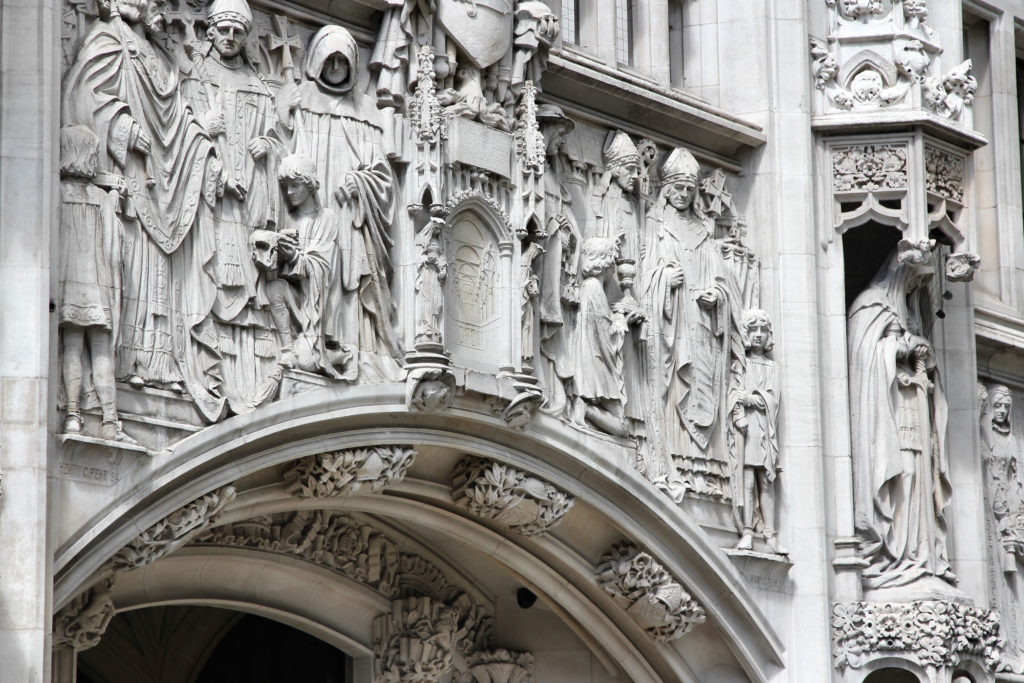
In a previous article we warned that litigation should not be embarked upon lightly, particularly by charities whose donations are intended for the cause, not legal fees.
However, three charities – the Blue Cross, the RSPB and the RSPCA – are currently awaiting a decision from the highest court in the land. In December 2016, the Supreme Court heard the appeal in Ilott v Mitson & others (the others being the three charities in addition to the deceased’s executors). The decision was expected early this year but the government’s Article 50 appeal is believed to be taking precedence.
What is the case about?
Ilott v Mitson is a long running claim by an adult child (Mrs Ilott) against her mother’s estate under The Inheritance (Provision for Family and Dependants) Act 1975 (the 1975 Act).
Why is this case so important?
The guiding principle in English law is that a testator (the person making a will) can leave his/her estate to whoever they choose by making a valid will. Where a deceased does not make a will or the will they have made is not valid, then the estate passes under the intestacy rules.
The 1975 Act offers a statutory mechanism to enable certain classes of potential beneficiary to claim “reasonable financial provision” on a deceased’s death even if they are excluded from the will or the intestacy rules.
In this case Mrs Ilott’s mother died in 2004 leaving an estate worth £486,000 to three charities which she had no connection. Mrs Ilott had been estranged from her mother for 26 years having left home against her mother’s wishes, to live with the man who became her husband and with whom she had five children. The Ilott family was largely dependent on state benefits living in Housing Association accommodation. Mrs Ilott’s mother exercised her testamentary freedom to leave her estate to the charities.
The claim made by Mrs Ilott
Mrs Ilott then made a claim for financial provision under the 1975 Act. The court initially awarded Mrs Ilott a sum of £50,000. She appealed this decision. The Court of Appeal increased Mrs Ilott’s award to £143,000. The purpose of this award was to enable her to purchase a Housing Association home with associated costs and provide further payments up to a maximum of £20,000 structured in a way that Mrs Ilott could preserve her state benefits. The charities appealed to the Supreme Court and we are currently awaiting its decision.
Our views
Remarkably, this is the first time in its 40-year history that the 1975 Act has come under scrutiny by the highest court of the land. And, as a reflection of how seriously the Supreme Court considers the issues, it was heard by a seven-judge panel. Normally, they adjudicate in panels of five unless they consider the point to be of particular importance (such as the eleven-judge panel for the government’s Article 50 appeal, which was exceptional).
When Mrs Ilott and the charities receive judgment, it will be 10 years after the first award in her favour. This is a long time to wait on any view. The case is bound to have long lasting ramifications, not only for Mrs Ilott and the charities, but for many potential 1975 Act claimants in the years to come.
The charities in this case are exposed to substantial risk, expense and likely negative publicity if they lose. Although the three charities are acting together in defending their legacies and seeking to uphold the principle of testamentary freedom, the costs of losing could be so substantial that the charities’ decisions to litigate will be subject to considerable scrutiny in the months ahead. Managing litigation and any potential litigation should always be considered fully and the appropriate legal advice taken at the outset. We can assist you through these difficult times and support you at each step of the way.
Davina Haydon is a partner in our Inheritance and Trust Disputes Team and heads up the Dispute Resolution team in our St Austell office. She is highly recommended by the Legal 500. If you wish to contact her about this article or 1975 Act claims generally please call her on 01726 74433 or email her on drsa@stephens-scown.co.uk
